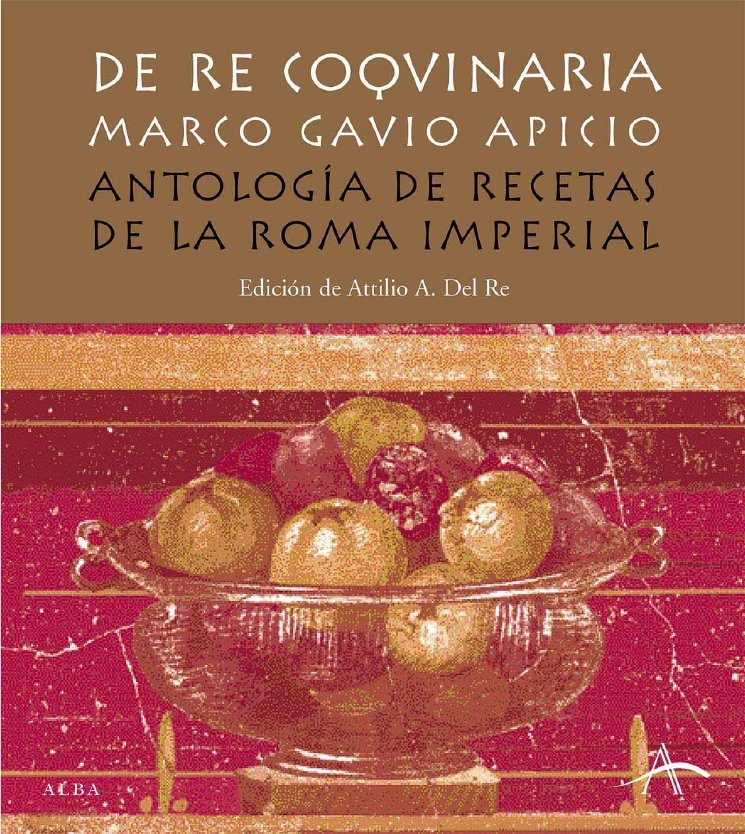LÚPULO Y APICIO
En Roma el método de cocción más utilizado era la cocción y el asado.
Los cocineros más importantes de esta época son Lúpulo y Apicio.
Son los responsables del desarrollo culinario durante esta época (Siglo I a.C)
Lúpulo introdujo en Italia la cereza y el melocotón. Todo el dinero que ganaba como cocinero se lo gastaba en delicias extranjeras.
Se dice que saltó a la fama por la frase "Lúculo hoy come en casa de Lúculo", dando a entender a su mayordomo que no hacían falta invitados para comer bien.
Apicio es el autor del recetario de cocina más antiguo que se conserva el De re coquinaria, en cuyo libro VI, dedicado integramente a las aves aparecen recetas para condimentar los siguientes volátiles: avestruz, grulla, pato,perdiz, francolín, tórtola, palomas...
In Rome the cooking method most commonly used was cooking and roasting.
The most important chefs of this time are Hops and Apicius.
They are responsible for the culinary development during this time.
Hops introduced cherry and peach in Italy. All the money he earned as a cook was spent on foreign delicacies.
It is said that he rose to fame by the phrase "Lucullus today eats at Lucullus' house," implying to his steward that there was no need for guests to eat well.
Apicio is the author of the oldest cookbook that preserves the De re coquinaria, in whose book VI, dedicated entirely to birds, there are recipes to flavor the following volatiles: ostrich, crane, duck, partridge, francolin, turtledove, pigeons...

Los cocineros más importantes de esta época son Lúpulo y Apicio.
Son los responsables del desarrollo culinario durante esta época (Siglo I a.C)
Lúpulo introdujo en Italia la cereza y el melocotón. Todo el dinero que ganaba como cocinero se lo gastaba en delicias extranjeras.
Se dice que saltó a la fama por la frase "Lúculo hoy come en casa de Lúculo", dando a entender a su mayordomo que no hacían falta invitados para comer bien.
Apicio es el autor del recetario de cocina más antiguo que se conserva el De re coquinaria, en cuyo libro VI, dedicado integramente a las aves aparecen recetas para condimentar los siguientes volátiles: avestruz, grulla, pato,perdiz, francolín, tórtola, palomas...
In Rome the cooking method most commonly used was cooking and roasting.
The most important chefs of this time are Hops and Apicius.
They are responsible for the culinary development during this time.
Hops introduced cherry and peach in Italy. All the money he earned as a cook was spent on foreign delicacies.
It is said that he rose to fame by the phrase "Lucullus today eats at Lucullus' house," implying to his steward that there was no need for guests to eat well.
Apicio is the author of the oldest cookbook that preserves the De re coquinaria, in whose book VI, dedicated entirely to birds, there are recipes to flavor the following volatiles: ostrich, crane, duck, partridge, francolin, turtledove, pigeons...

Comentarios
Publicar un comentario